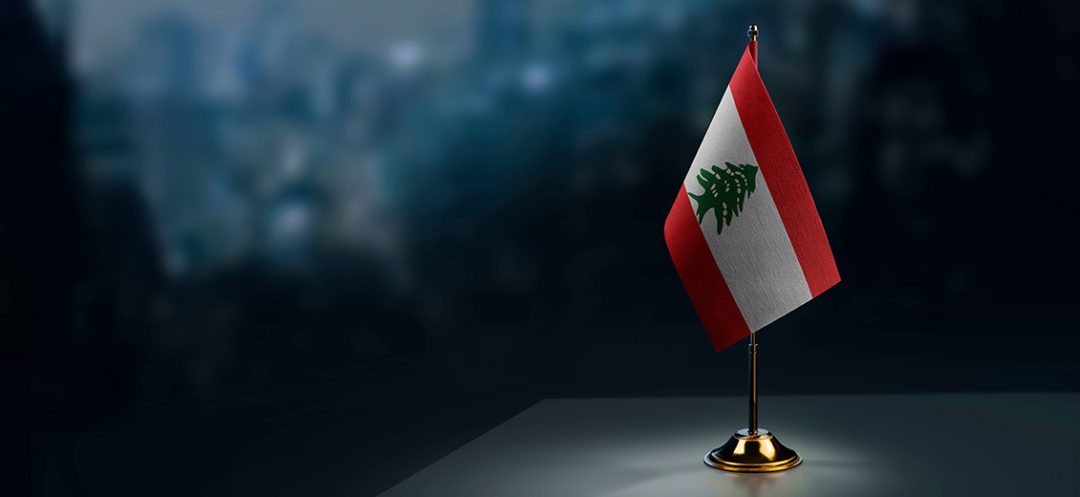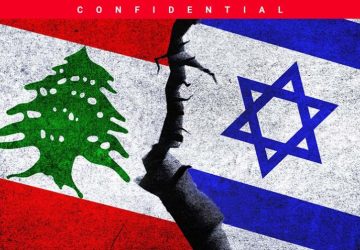Listen to the article
Observers of Lebanon’s political and social landscape might perceive that the alarming regression of all concepts echoes medieval times in its approach. At its helm is Hezbollah’s caretaker Minister of Culture, who molds the Lebanese culture according to the party’s ideological beliefs.
The advocate of the saying “vices of deviation” needs no introduction, having wielded condemnation since his appointment as the sword of justice against those who oppose his “teachings,” particularly concerning homosexuality—a subject he has vigorously addressed with more fervor than Israeli aggression in southern Lebanon.
Last year, caretaker Minister Mohammad Mortada distinguished himself with his crackdown on freedoms during Lebanon’s peak openness, marked by pride marches in Beirut’s streets. Today, every MP who endorsed the bill to decriminalize homosexuality has become Mortada’s primary enemy, culminating in him vilifying them with the harshest of epithets.
This followed the minister’s recent campaign to block the screening of “Barbie” in the Lebanese movie theaters, only to find that it lacked the content he cited to justify his repression, drawing sharp criticism for censoring a work readily available online.
The dismantling of freedom that Lebanon was once notorious for, earning admiration across the Arab world and embodying it, has been followed by statements targeting anyone advocating for personal freedoms in Lebanon. It’s as if the minister now acts as an arbiter, authorizing and prohibiting at whim.
The Minister of Culture’s recent innovation was the campaign he launched against the National Conservatory led by Jahida Wehbe, intervening politically to influence and prohibit elections, positioning himself as a speculative partner as if he wanted to ban music as part of broader initiatives aimed at molding public culture. However, no action has been taken regarding the indoctrination occurring in Hezbollah-affiliated schools in the South. The minister may view his actions as justified and permissible, contrasting with a global trend towards openness and the exploration of artificial intelligence to expand people’s intellectual and cultural horizons.
Hezbollah’s decision to take on the culture portfolio was intentional as it now imposes, through its minister, cultural narratives that significantly diverge from Lebanon’s identity.
The minister aligns with Hezbollah’s parliamentary bloc leader, Mohammad Raad, who has also decided to prohibit nightlife and beach activities. This move was intended to convey to Lebanese enjoying their summer that these activities are harming people in the southern region, contrasting with the inherently more liberal lifestyle embraced by free Shia communities.
There is no discernible difference between Mohammad Mortada and Mohammad Raad. They both fully represent Hezbollah, promoting its beliefs and working towards transforming Lebanon accordingly. Such actions are characteristic of the party, including the ban on Julia Boutros’s song “Ahebbai” or “My beloved ones” after the July War, which was inspired by a speech from Hezbollah’s Secretary-General Hassan Nasrallah. The justification given was that Al-Manar TV, affiliated with the party, refrains from broadcasting music due to religious concepts.
In essence, it is the cultural void that the party seeks to impose on the Lebanese. The Ministry of Culture has become a tool to tighten its grip, with the most severe looming, aiming to transform Lebanon into a culturally closed country and prompting intellectuals to flee at every opportunity.





